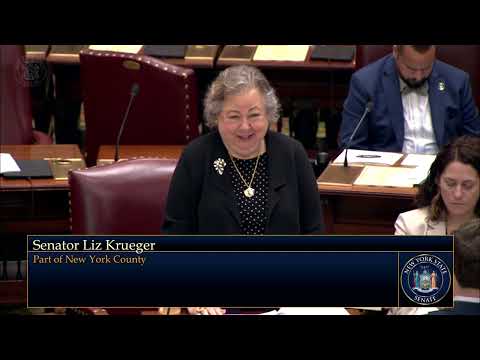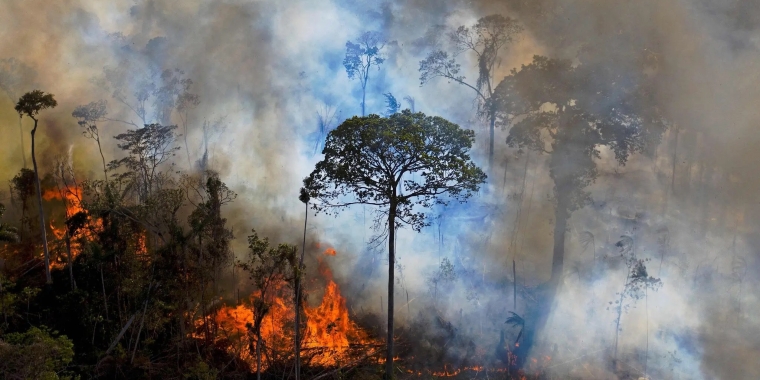
Testimony Regarding The Proposed Condemnation Of Properties On West 30th And 31st Streets For The Purpose Of Constructing A Substation on October 7, 2002
Liz Krueger
July 12, 2010
Good evening. I am State Senator Liz Krueger. Thank you for the opportunity to testify today on Consolidated Edison (Con Ed)’s proposed condemnation of properties on 15 West 30th Street, 25 West 30th Street, 24 West 31st Street, and 26 West 31st Street. These properties are within the newly drawn boundaries of the 26thSenatorial District, which I represent in Albany. I have a number of concerns regarding the selection of this site and the condemnation process that Con Edison is using to acquire this site.
The Herald Square South and Chelsea neighborhoods have been the scene of a recent upsurge in residential and commercial development. This development has brought with it an increased demand upon Manhattan’s already strained electrical distribution network. The only real solution to our State’s energy demands is the development of new conservation technologies and renewable energy sources. But for the present, we must deal with the need for a new substation to distribute power to mid-Manhattan neighborhoods.
Sensible public policy demands a more long-term response than simply saying "not in my backyard." But Con Ed is using its eminent domain authority to condemn property, and therefore it has its pick of practically any location that can serve the anticipated demand. It is hard to believe that the intersection of 30th Street and Broadway, with its dense commercial, residential and tourist population, is the best possible place to site this substation. Because of my concerns about the location of the substation, its potential health effects, and the lack of public input into this siting process, I oppose the condemnation of these properties.
Many members of the community have suggested that Con Ed use property it owns on West 28th Street and Eleventh Avenue for this substation. The property is just as near Chelsea, the source of much of the demand that must be met, and it is in a much less populated neighborhood. Con Ed has responded that it would be too expensive or difficult to site the substation in this location.
There may be additional expense or difficulty involved in siting the substation at a less congested location. But these additional costs must be balanced against the needs and concerns of the community. Although it is a regulated public utility, Con Ed is a private entity making decisions based on in its own interests. It is unjust for Con Ed to be the sole arbiter of the costs and benefits involved in this decision, especially when it is exercising such a broad public power as eminent domain.
The public has the right to demand that a public entity, accountable to the community, be charged with making decisions on public siting and condemnation. As an advocate for this community, I oppose this condemnation, which could have an unnecessary ruinous effect on this area’s development and growth. And as a legislator, I will explore ways of bringing a more public process to condemnations by public utilities.
Wherever the substation is sited, Con Ed must do as much as possible to resolve the safety and health concerns of the substation’s neighbors. Although the scientific evidence about the effects of electromagnetic fields (EMFs) is unclear, there is cause for concern about the substation’s impact on the health of the surrounding community. Con Ed must develop a plan to keep the EMF exposure in surrounding buildings to an absolute minimum, and to continually monitor for unanticipated increases in EMFs. If EMF exposure exceeds a certain reasonable amount, Con Ed must shield the substation or take whatever measures are necessary to lessen the exposure. I expect Con Ed to work with me and other elected officials and community groups to develop a sensible plan.
In summary, I believe Con Edison needs to make a better case as to why this location is the most appropriate location for a substation, and must work with the community to ensure that health concerns about the substation are adequately addressed. I believe that we in the State Legislature should also explore the legitimacy of the condemnation process being used by Con Edison, and develop proposals for opening up that process to more meaningful public participation. Thank you for the opportunity to testify.
Share this Article or Press Release
Newsroom
Go to NewsroomTREES Act Passes Both Houses Of The Legislature
May 16, 2024



